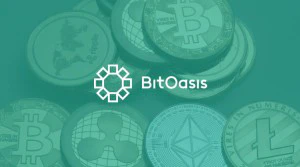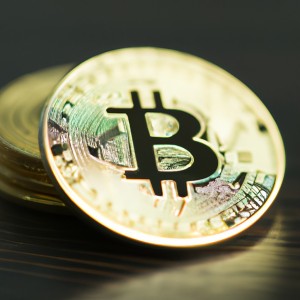The International Organization of Securities Commissions (IOSCO), a global regulatory body overseeing securities and financial markets, has unveiled nine policy recommendations to foster greater uniformity in regulatory oversight across jurisdictions. These recommendations specifically address the rapidly evolving realm of decentralized finance (DeFi).
IOSCO policy recommendations for a growing DeFi ecosystem
In a bid to strengthen the regulatory framework surrounding decentralized finance, IOSCO’s latest recommendations cover a spectrum of essential principles. These principles emphasize the importance of regulatory consistency and adherence to applicable laws.
One core recommendation, “Rule 7,” stresses the necessity to “enforce applicable laws.” While this may seem like a fundamental assertion, the true value lies in the comprehensive guidance accompanying each rule.
The guidance for Rule 7 outlines various tactics that DeFi and other market participants might employ to circumvent regulatory obligations. It advises regulators to scrutinize their existing powers, tools, and resources to ensure they can effectively oversee these innovative financial ecosystems.
Furthermore, IOSCO aims to foster uniformity in the regulatory approach towards crypto-asset and traditional securities markets. The principle guiding this endeavor is consistently applying “same activity, same risk, same regulation/regulatory outcome” across these domains.
Combating misconceptions about decentralization
IOSCO’s recommendations confront a common misconception within the crypto and DeFi space: decentralization renders entities immune to regulation. In Recommendation 2, which addresses the need to “identify responsible persons,” the report refutes this notion.
It states that regardless of the governance structure or degree of decentralization, a “Responsible Person(s)” typically exercises control or exerts substantial influence over product offerings, service provisions, or engagement in activities within these ecosystems.
These DeFi recommendations build upon previous guidelines for crypto and digital assets released by IOSCO in November.
The organization has also published a guidance note that delineates how both sets of recommendations should be applied concurrently, depending on the level of decentralization within the regulated entity. This synergy ensures that regulatory measures are adaptable to the evolving nature of the financial landscape.
Next steps for IOSCO
With the release of these comprehensive DeFi policy recommendations, IOSCO is poised to transition its focus towards proactive monitoring, regulatory capacity building, and providing technical assistance to its member authorities.
Currently, IOSCO boasts a membership that comprises over 130 regulatory authorities, collectively responsible for overseeing 95% of the world’s financial markets.
IOSCO’s decision to pivot towards these activities underscores its commitment to ensuring that regulatory bodies worldwide are adequately equipped to respond to the challenges posed by the rapidly expanding DeFi ecosystem.
This proactive approach aims to maintain the integrity of financial markets while safeguarding the interests of investors and stakeholders.





